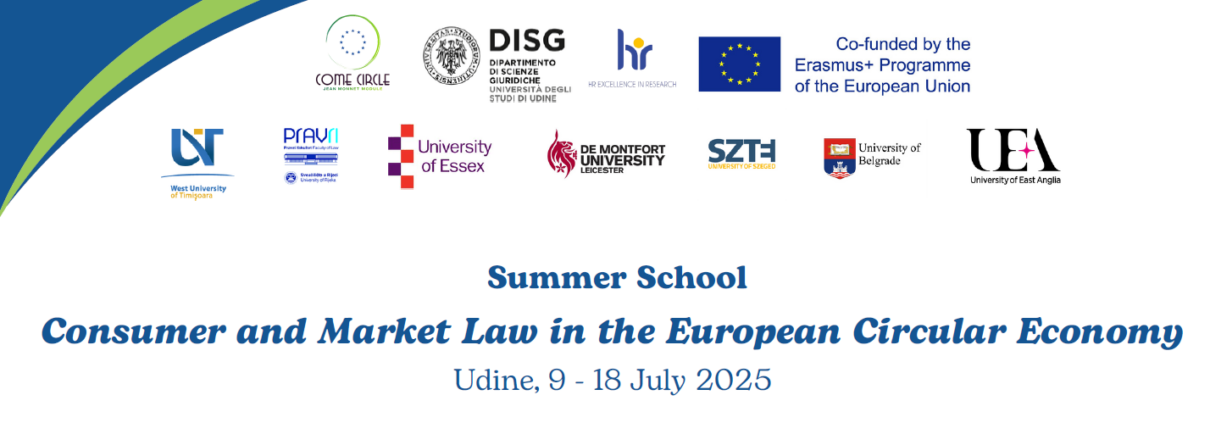Views
Overview of the 2023 Amendments to Chinese Civil Procedure Law
Written by NIE Yuxin, Wuhan University Institute of International Law
1. Background
China’s Civil Procedure Law was enacted in April 1991 by the Fourth Session of the Seventh National People’s Congress. Since then, it had undergone four revisions in 2007, 2012, 2017, and 2021. However, no substantial revisions were made to the provisions concerning foreign-related civil litigation. The latest amendments to the Civil Procedure Law in 2023, referred to as the new CPL, involve 26 amendments, including 14 modified articles and 15 new additions. Notably, 19 changes deal with the special provisions on cross-border procedures.
China Adopts Restrictive Theory of Foreign State Immunity
Written by Bill Dodge, the John D. Ayer Chair in Business Law and Martin Luther King Jr. Professor of Law at UC Davis School of Law.
On September 1, 2023, the Standing Committee of the National People’s Congress promulgated the Foreign State Immunity Law of the People’s Republic of China (FSIL) (English translation here). When the law enters into force on January 1, 2024, China will join those countries—a clear majority—that have adopted the restrictive theory of foreign state immunity. For the law of state immunity, this move is particularly significant because China had been the most important adherent to the rival, absolute theory of foreign state immunity.
In two prior posts (here and here), I discussed a draft of the FSIL (English translation here). In this post I analyze the final version of the law, noting some of its key provision and identifying changes from the draft, some of which address issues that I had identified. I also explain why analysts who see China’s new law as a form of “Wolf Warrior Diplomacy” are mistaken. Contrary to some suggestions, the FSIL will not allow China to sue the United States over U.S. export controls on computer chips or potential restrictions on Tiktok. Rather, the FSIL is properly viewed as a step towards joining the international community on an important question of international law. Read more
“Quasi” Anti-Suit Injunctions and Public Policy under Brussels Regime
THE CJEU: “QUASI” ANTI-SUIT INJUNCTION JUDGMENTS ARE AGAINST PUBLIC POLICY UNDER BRUSSELS REGIME
This post is written by Mykolas Kirkutis, a lecturer and PhD student of law at Mykolas Romeris University and visiting researcher at Rotterdam Erasmus School of Law, Erasmus University Rotterdam (EU Civil Justice group).
The Court of Justice of European Union (CJEU) on 7 of September 2023 in its newest case Charles Taylor Adjusting Limited, FD v Starlight Shipping Company, Overseas Marine Enterprises Inc. (case No. C?590/21) 2023 rendered a new preliminary ruling related to a non-recognition of “Quasi” anti-suit injunctions’ judgment under public policy ground of Brussels regime. This case is important because of two aspects. Firstly, CJEU clarified the main elements of “Quasi” anti-suit injunctions’ judgments. Secondly, Court stated what impact such judgments have for mutual trust in EU and if it can be safeguarded by public policy ground.
News
Summer School ‘Consumer and Market Law in the European Circular Economy’
Registration is now open for the Summer School ‘Consumer and Market Law in the European Circular Economy’ which will be held from 9 to 18 July 2025: 9-11 July online and 14-18 July in presence at the University of Udine, Italy.
The Summer School is organised by the University of Udine, in cooperation with a consortium of European universities, including University of Essex, De Montfort University of Leicester, University of West Timisoara, East Anglia University, University of Rijeka, University of Belgrade and University of Szeged, within the framework of the Jean Monnet Module CoME CircLE.
The 2025 Summer School will consist of 40 hours of lectures, a workshop and a moot court. Attendees will be offered a comprehensive training on the legal discipline of consumer protection and market regulation in the EU Law, with a particular reference to circular economy, taking into account the following relevant topics: Consumer protection and empowerment issues; Private international law issues; Dispute resolution and redress issues; and Market regulation.
Eligible are undergraduate students, graduatestudents and PhD students, studing Law, Economics, Political Science or International Relations. Application deadline is 31 May 2025, 12.00 pm GMT. Those who are interested in applying, need to fill in the application form and submit it to ip.europeanlaw.uniud@gmail.com.
For details see the programme and the call for application.
HCCH Monthly Update: March 2025
HCCH Monthly Update: March 2025
Membership
On 5 March 2025, Rwanda deposited its instrument of acceptance of the Statute, becoming the 92nd Member of the HCCH. On the same day, Guatemala applied to become a Member of the HCCH. More information is available here.
The Supreme People’s Court of the People’s Republic of China issued the Notice on Procedural Matters Related to Civil Cases Involving Foreign State Immunity
(This is written by Xiaoxuan Gu, a PhD student in School of Law, University of Macau)
The Foreign State Immunity Law of the People’s Republic of China (CFSIL) took effect on January 1, 2024.[i] To ensure its proper implementation and guide courts nationwide in lawfully and efficiently adjudicating civil cases involving foreign state immunity, the Supreme People’s Court (SPC) formulated supporting procedural rules. On March 26, 2025, the SPC issued the Notice on Procedural Matters Related to Civil Cases Involving Foreign State Immunity (hereinafter the “Notice”), which provides definitive guidance to courts at all levels in handling such novel foreign-related cases.
The Notice stipulates provisions on key procedural matters, including case acceptance criteria, centralized jurisdiction mechanisms, service of process rules, jurisdictional immunity review procedures, and protocols for obtaining evidentiary certifications from the Ministry of Foreign Affairs. Read more



